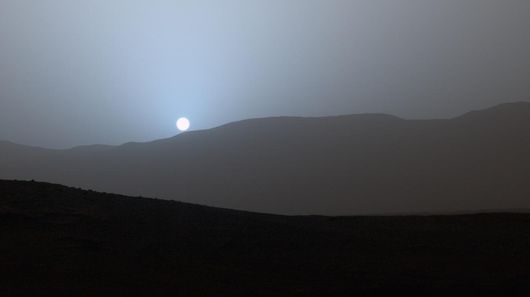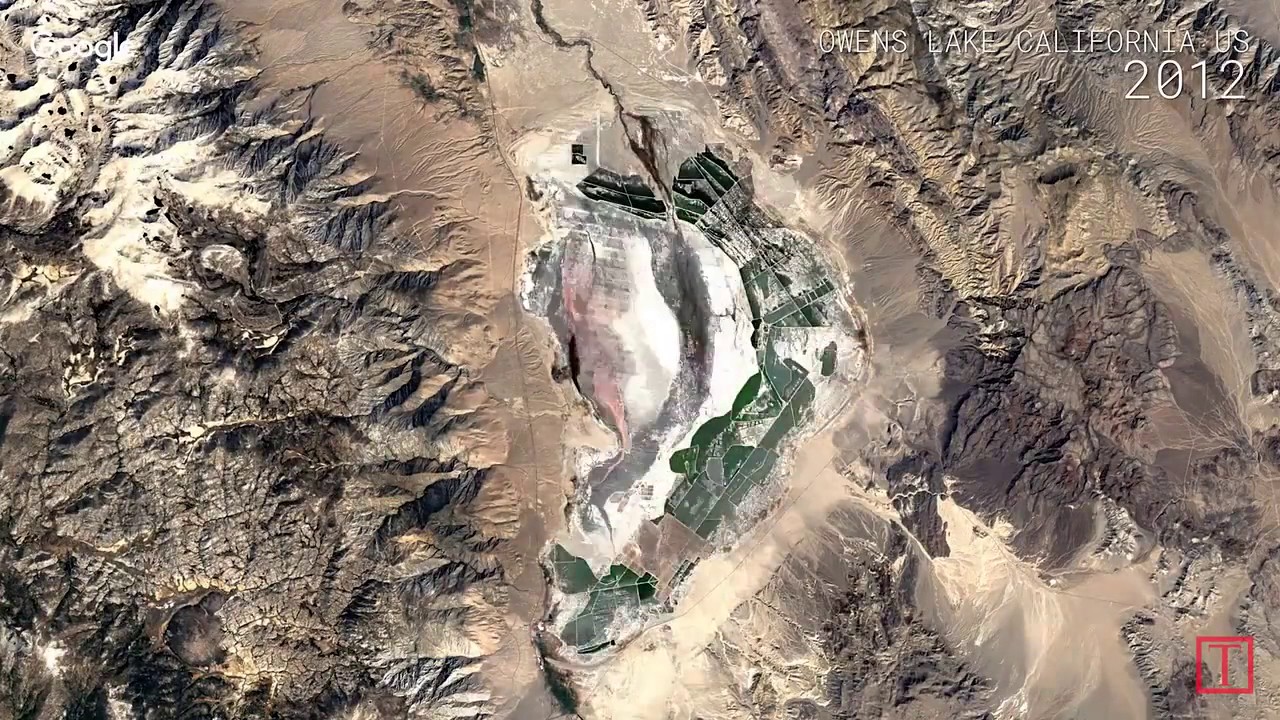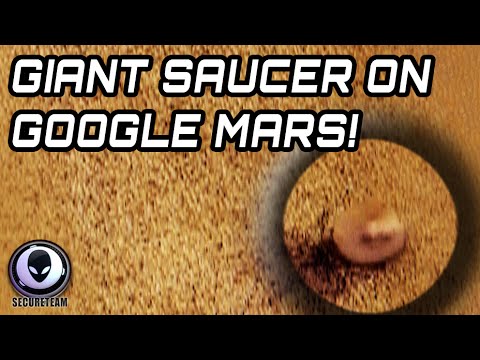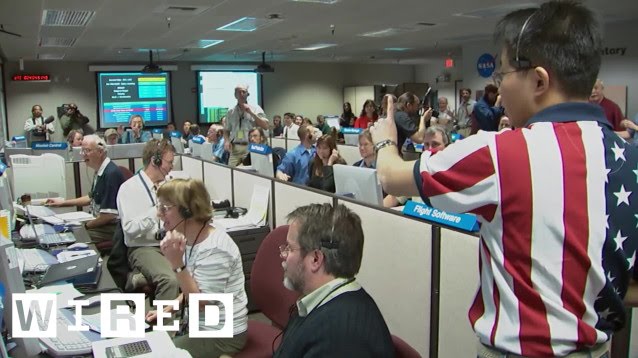
NASA has launched a public challenge with the aim of innovating technologies vital for the establishment of a colony on Mars. The agency is focused on a mission to the Red Planet, and has already taken the first vital steps. However, whilst simply reaching Mars with a cargo of healthy astronauts would be a monumental triumph, maintaining a permanent presence on so inhospitable a planet could prove to be a much greater technological challenge.
Development is well underway with regard to the next-generation Orion spacecraft and the impressive Space Launch System (SLS), which will evolve to become the most powerful launch vehicle ever created. The SLS is expected to undertake its maiden launch some time in 2018.
Maintaining a colony on the Red Planet will prove to be a leviathan challenge, compounded by the knowledge that should a catastrophe occur, the nearest aid sits roughly 140 million miles (225.3 million km) miles away. At best estimates, the shortest periods between resupply missions from Earth would be around 500 days. It is inevitable that much of the technology at the outpost will be reliant on resources from the homeworld, making any delays in the launch of a supply run a potentially life-endangering event.
To limit the risks, tech used by the first Mars colonists must be built with durability and self-sufficiency in mind, and that is exactly what NASA is asking from participants. Those wishing to put forward an entry are asked to submit an idea for one or more Mars surface systems or capabilities necessary to achieve a continuous human presence on the Red Planet.
The submissions, which can range in scope from food and exercise to innovative shelter solutions and beyond, must be geared towards sustainability with an eye to minimizing reliance on Earth re-supply runs. The written proposals must include a suggested program of testing and development, operation and implementation of the system/device.
The culmination of the competition will see the three most promising candidates granted a US$5,000 minimum award. Further details on what is required from applicants can be found on the NASA competition page.
Via GizMag






